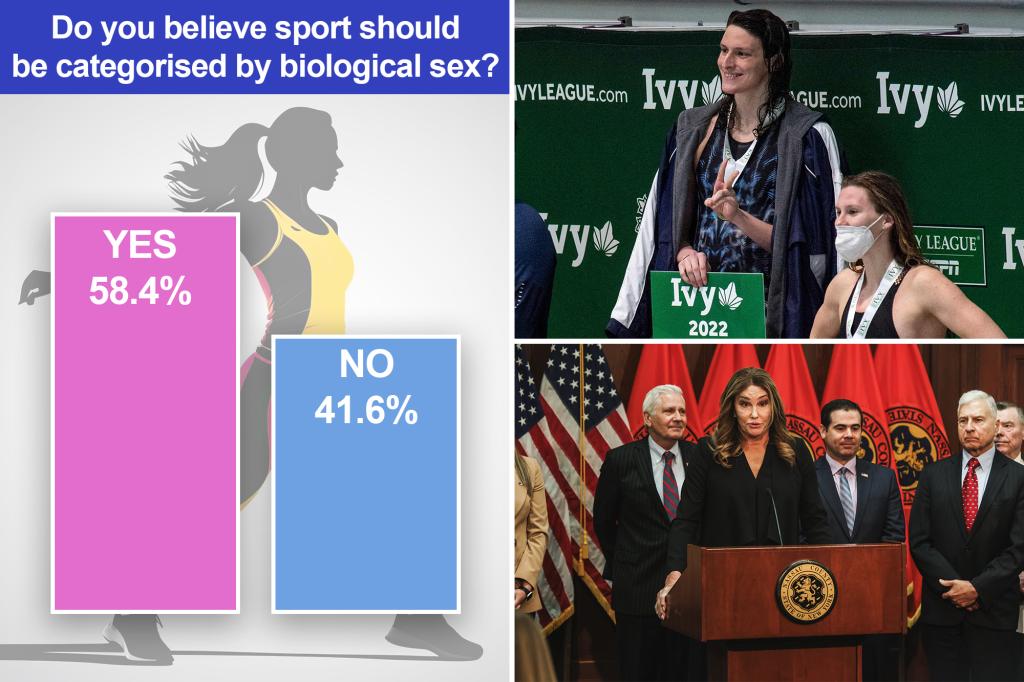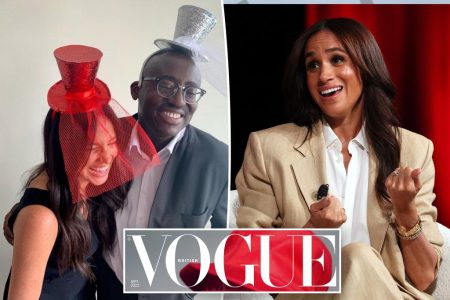A recent study published in the Journal of Sports Sciences found that a majority of elite, world-class female athletes prefer sports to be categorized by the competitor’s biological sex rather than their gender identity. The study polled 175 athletes eligible to compete in the female category and found that most athletes favored biological sex categorization and considered it unfair for trans women to compete in the female category, except for precision sports.
The study categorized sports into three groups: precision sports, sports heavily reliant on physical capacity, and contact sports. It found that athletes, especially world-class athletes, believed it was unfair for trans women to compete in the female category in these sports. However, there was disagreement on creating competition based on body or gender identity, with most athletes not finding categories based on gender identity, body size, or testosterone levels agreeable.
While the athletes considered it fair for transgender men to compete among biological males, they found it unfair for transgender women to compete against biological females in all but precision sports. The study also revealed that the majority of athletes felt there should be improvements in inclusivity for transgender athletes within sports governing bodies, indicating a need for clearer rules and procedures.
The study compared the opinions of current Olympic and current Olympic Recognized sports, elite versus world-class athletes, and current versus retired Olympic sport athletes. The pool of athletes included top-tier athletes from various Western nations, with the majority supporting gender transition outside of competition. The authors hope their results will help sports governing bodies establish fair rules and procedures.
Recent instances, such as a trans high school athlete easily winning a race in Oregon and a transgender golfer being banned from a professional tour after a rule change, highlight the ongoing debate around transgender inclusion in sports. The National Association of Intercollegiate Athletics and Nassau County Executive Bruce Blakeman have taken stances against transgender athletes competing in women’s sports, with Blakeman’s ban receiving support from Caitlyn Jenner.
Despite the varying opinions on transgender inclusion in sports, it is clear that fairness and integrity in competition are top priorities for elite female athletes. The study provides valuable insights into the perspectives of athletes at the highest competitive level and underscores the need for thoughtful and inclusive policies within sports organizations to ensure a level playing field for all athletes.















